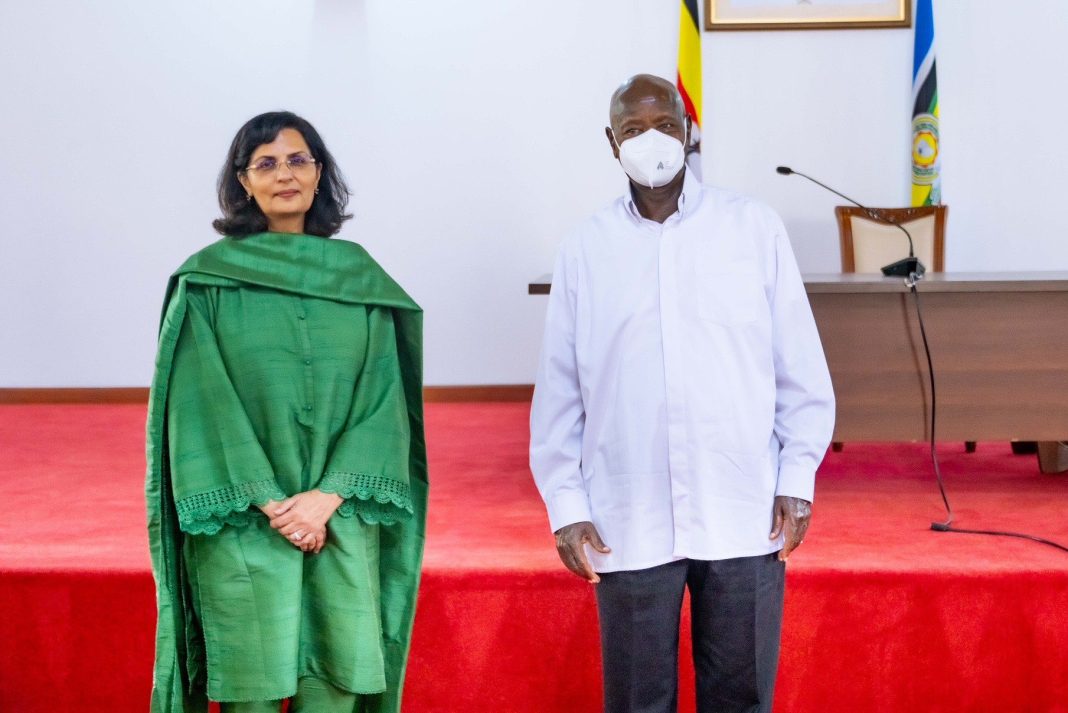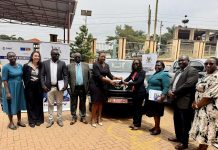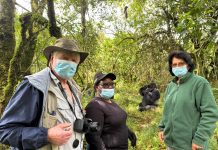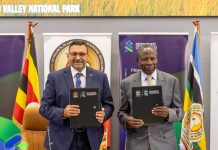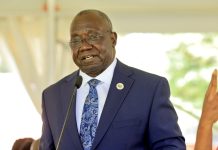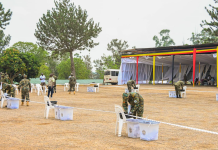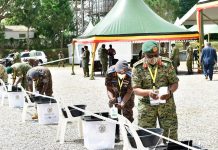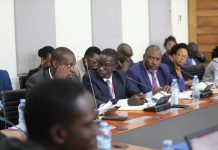President Yoweri Kaguta Museveni met with Dr. Sania Nishtar, CEO of Gavi, the Vaccine Alliance, along with her team from the Geneva-based Secretariat, at State Lodge, Nakasero. The meeting included officials from the Government of Uganda, UNICEF, and the World Health Organization (WHO) to discuss key challenges in child immunisation and develop strategies to improve public health.
Dr. Nishtar’s visit coincided with Uganda’s celebration of 50 years of the Expanded Program on Immunization (EPI), aimed at reinforcing efforts to broaden immunisation coverage. President Museveni commended Gavi and international donors for their contributions, highlighting how their assistance has allowed the government to allocate resources to other vital sectors such as infrastructure. “Without international support, we would have to reallocate funds from other projects like roads. Your support has allowed us to direct resources elsewhere,” he remarked.
President Museveni underscored the importance of safe water, hygiene, and proper waste management, alongside immunisation, to improve public health. He also called on district health officials to conduct regular nutrition education, pointing out that non-communicable diseases account for 7% of the country’s annual deaths. The President emphasized that while Uganda has an abundance of food, people need guidance on proper dietary choices.

Dr. Nishtar praised Uganda for its impressive health achievements, noting its high life expectancy and effective outbreak management. She commended the nation’s success in deploying vaccines to protect children from preventable diseases and mentioned Uganda’s forthcoming launch of the largest malaria vaccination program globally.
Additionally, Dr. Nishtar introduced the African Regional Vaccination Accelerator, an initiative designed to strengthen routine immunisation and enhance Africa’s resilience against health threats. She pointed out that the COVID-19 pandemic highlighted challenges in vaccine access and announced that Gavi has allocated USD 1.2 billion to bolster Africa’s vaccine supply and prepare for future health emergencies.
Regarding MPOX cases, Dr. Nishtar stressed the need for collaboration among stakeholders, including government ministries and permanent secretaries, to implement more effective control measures.
The meeting also featured key figures such as Dr. Jane Ruth Aceng, Minister of Health; Hon. Anifa Kawooya Bangirana, Minister of State for Health (General Duties); Dr. Diana Atwine, Permanent Secretary of the Ministry of Health; Dr. Etleva Kadilli, UNICEF Regional Director for Eastern and Southern Africa; Dr. Robin Nandy, UNICEF Country Representative; and Dr. Njuguna Charles Kuria from WHO.


